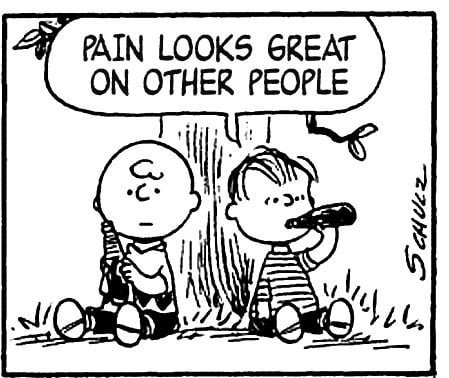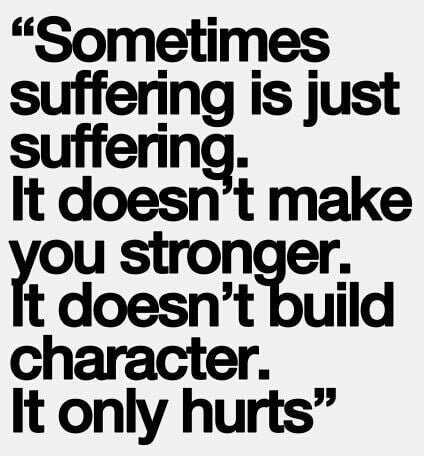
In the late 1990s, I started having problems with joint/muscle pain and fatigue. At first, I ignored my symptoms, thinking I was just overworked and tired. After months of pain and tiredness, I decided to see a doctor. The doctor I saw then is still my primary care physician today. It took a year or so to determine I had fibromyalgia. Over the years, I went through a lot of tests and treatments, along with taking more medications than I can count.
I took a variety of pain management drugs, both narcotics and non-narcotics. In 2004, I started taking narcotics such as Tramadol, Darvocet (which was later banned because it caused heart problems), and Hydrocodone. For years, I took both Tramadol and Hydrocodone — upwards to 80 Morphine equivalents a day. I also took a Benzodiazepine, Restoril, for muscle spasms and sleep. And then came the unholy war on opiates — a war my primary care doctor doesn’t support, but is forced to accede if he wants to keep his job and license.
First to go was Restoril. Why? According to so-called experts, taking benzodiazepines and opiates together could cause respiratory problems (typically only in drug abusers or patients lacking tolerance build-up), so I had to stop taking Restoril. From there I tried numerous sleep medications, without success. I finally started using Cyclobenzaprine at night — 20 milligrams. Sometimes it works, sometimes it doesn’t. Tough shit, so sorry, you are out of luck if it doesn’t.
Next to go was Tramadol. “Can’t take two narcotics,” the doctor sadly opined. After weeks of withdrawal hell, I stopped taking Tramadol. I was still taking 50 morphine equivalents of Hydrocodone a day. And then came the edict that my Hydrocodone dosage had to be cut. Last doctor’s visit it was cut to 40 and sometime later this year it will be cut to 30. I have no choice in the matter, and neither does my doctor. Keep in mind, my pain has only gotten worse during this time. Over the past fifteen years, I was diagnosed with degenerative spine disease, gastroparesis, and exocrine pancreatic insufficiency. I had numerous procedures, including experimental ones, and two major surgeries. While the surgeries helped address specific pains, my core pain problem remains. This is my cross to bear. Drugs help, but they are not a fix. Cannabis helps (which my doctor doesn’t know I take, because I know he is required to stop my narcotic pain medicine if he finds out I’m using cannabis), but its effects are short-term. Why many doctors refuse to prescribe cannabis is beyond reason. Worse, insurance companies refuse to cover cannabis, so chronic pain sufferers are forced to pay out of pocket for it. In Ohio, cannabis is prohibitively expensive, so I drive to Michigan — thirty minutes away — to get my “fix.”
Over the years, my doctor has referred me to four different pain clinics, without success. None of the clinics was narcotic- or cannabis-friendly; all were run by anesthesiologists who were more interested in performing procedures and giving steroid injections than they were in treating long-term, chronic pain. I found the pain clinics to largely be a waste of time. One doctor, who never looked me in the eyes, said there was nothing he could do for me. Another treated me like I was a drug-seeking addict, even though I have NEVER, not ONE time, abused my prescriptions.
The FDA has admitted that they erred in their directives on opioid use; that people with chronic pain were being unnecessarily harmed, often leading to suicide. Despite new directives, many doctors and pain clinics continue to be narcotics-adverse. I see no hope of it being better any time soon. I’ve concluded that limiting legal liability is more important to doctors — most of whom now work for large corporations — than treating people with chronic pain. I expect there to be an increase in illegal drug use and suicide by chronic pain sufferers. When pain has you screaming and banging your head on the wall, you will do almost anything to make it stop, and that includes killing yourself. Chronic pain sufferers don’t want to die, they just want the pain to stop. And if the pain can’t be stopped, we, at least, want everything possible done to make our suffering tolerable. And let me be clear, when chronic pain sufferers kill themselves, the blame almost always lies at the feet of callous, indifferent medical corporations and doctors.
I don’t need advice or treatment/drug suggestions. I’ve been going at this for twenty-five years. I know my stuff inside and out. I intimately know every inch of my body; what’s causing my pain, and how to lessen it. Well-meaning, but uninformed advice, while humored, is not helpful. From prescription drugs to supplements to alternative medicine treatments, it is likely I have tried them. This post is more about making readers aware of what I personally face and what chronic pain sufferers deal with, in general. If you are a chronic pain sufferer, you know what I am talking about. Twenty years ago, a primary care physician could prescribe narcotic pain medications without question. Today, they have not only their corporate overlords breathing down their necks, they have the FDA threatening to monitor their narcotic prescriptions. Pharmacies face similar scrutiny. Both federal and state regulations make it almost impossible to abuse narcotics via doctors’ prescriptions. Gone are the days of doctor shopping or filling prescriptions early. Narcotic users are now entered into a database accessible by doctors, pharmacies, and law enforcement. This makes it impossible to game the system, as was common years ago. I understand the need for some regulation, but these days the regulations are punitive, leading to needless pain and suffering. Chronic pain sufferers are literally being regulated to death.
Are you a chronic pain sufferer? Please share your experiences in the comment section.
Bruce Gerencser, 68, lives in rural Northwest Ohio with his wife of 47 years. He and his wife have six grown children and sixteen grandchildren. Bruce pastored Evangelical churches for twenty-five years in Ohio, Texas, and Michigan. Bruce left the ministry in 2005, and in 2008 he left Christianity. Bruce is now a humanist and an atheist.
Your comments are welcome and appreciated. All first-time comments are moderated. Please read the commenting rules before commenting.
You can email Bruce via the Contact Form.

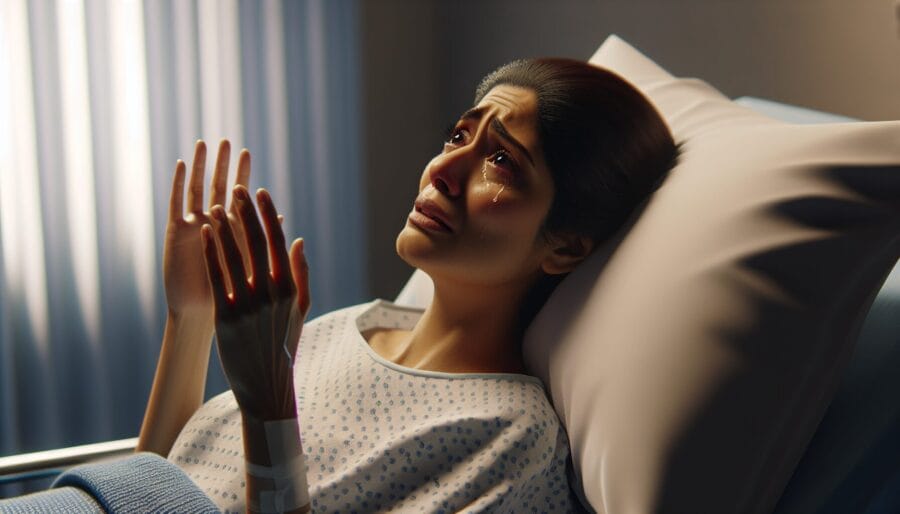

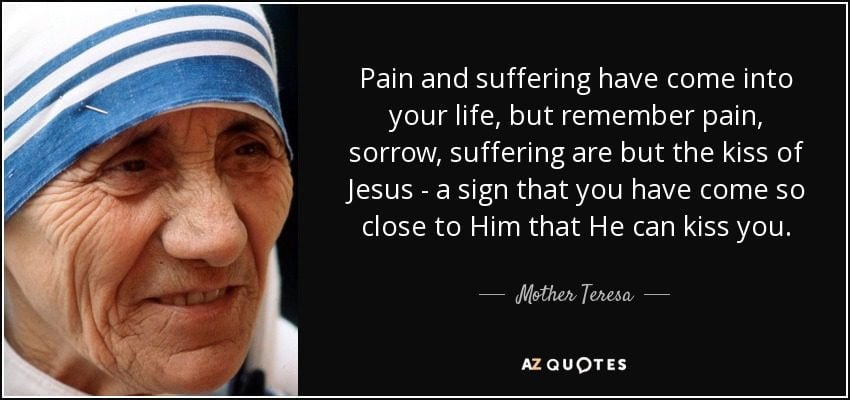
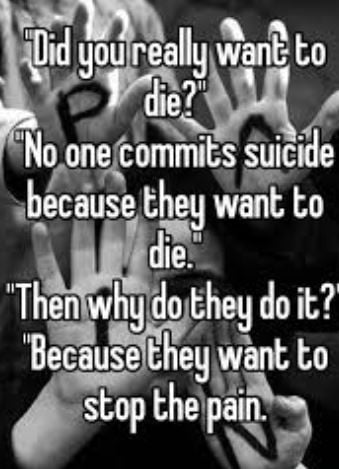
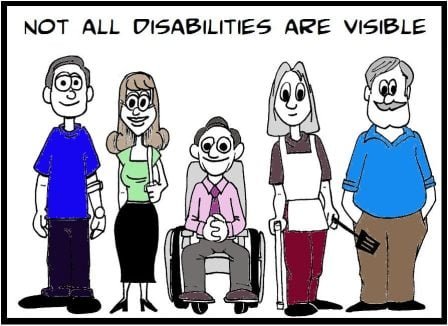

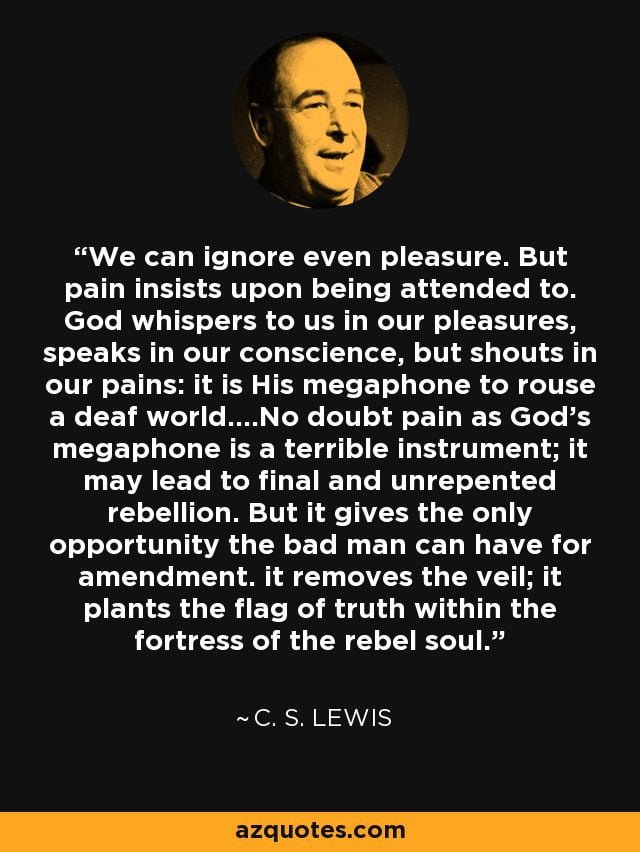
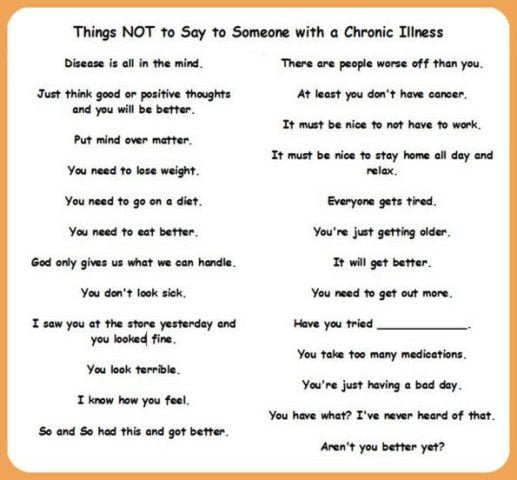
 I know that writing this post and making it prominently available will do little to stop certain readers offering unsolicited medical advice. It is not like I can ban them or anything. As long as I have a widely read blog and make it easy for people to contact me, I am going to receive emails, letters, telephone calls, texts, packages, and personal visits from pretend doctors. That doesn’t mean, however, that I can’t bitch about it. Praise Loki for the power of bitching, amen? Amen!
I know that writing this post and making it prominently available will do little to stop certain readers offering unsolicited medical advice. It is not like I can ban them or anything. As long as I have a widely read blog and make it easy for people to contact me, I am going to receive emails, letters, telephone calls, texts, packages, and personal visits from pretend doctors. That doesn’t mean, however, that I can’t bitch about it. Praise Loki for the power of bitching, amen? Amen!